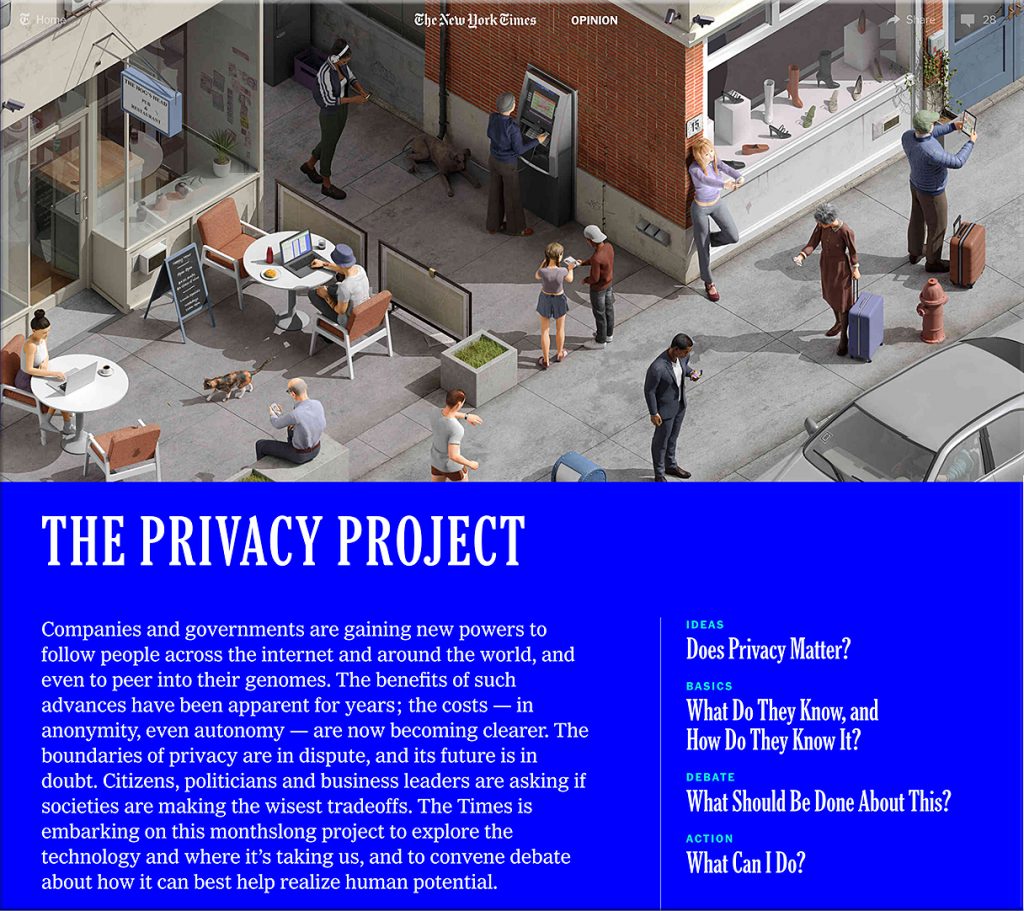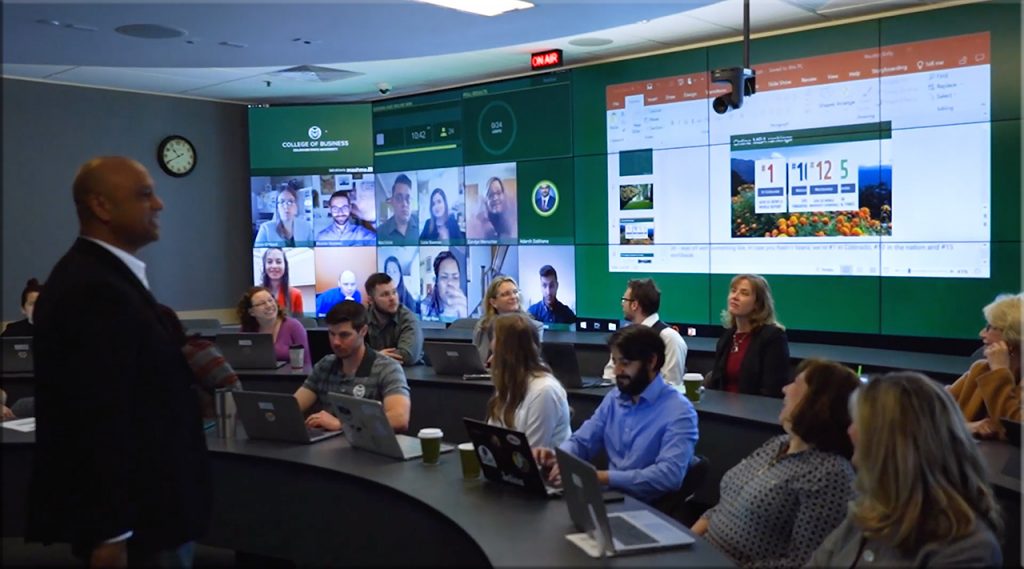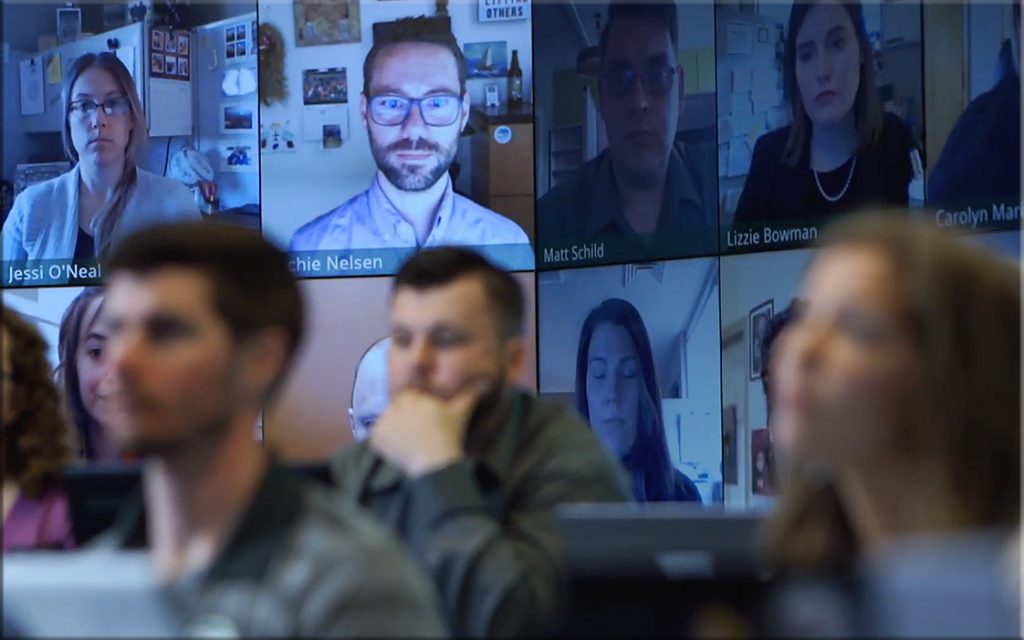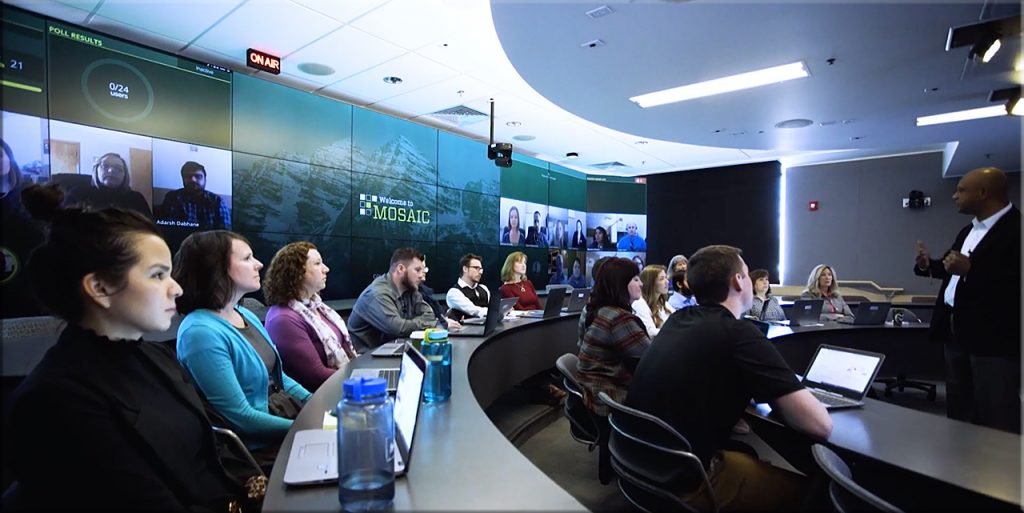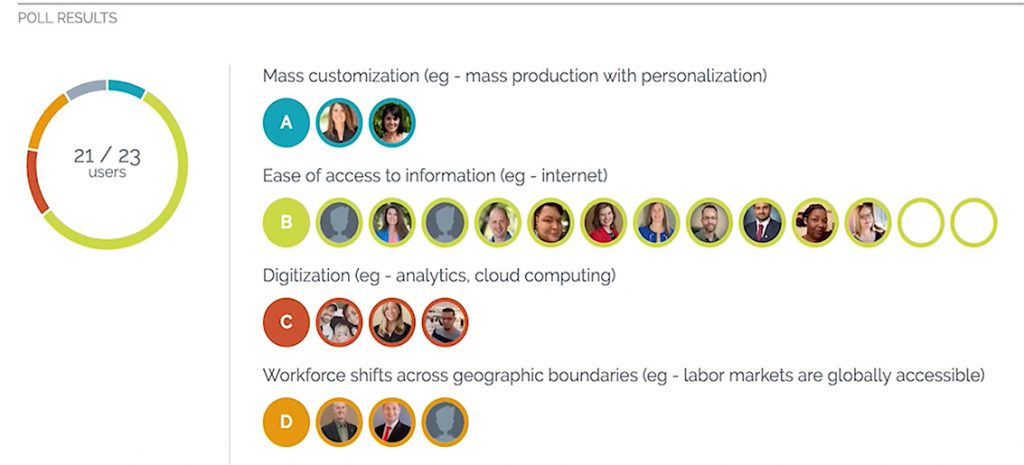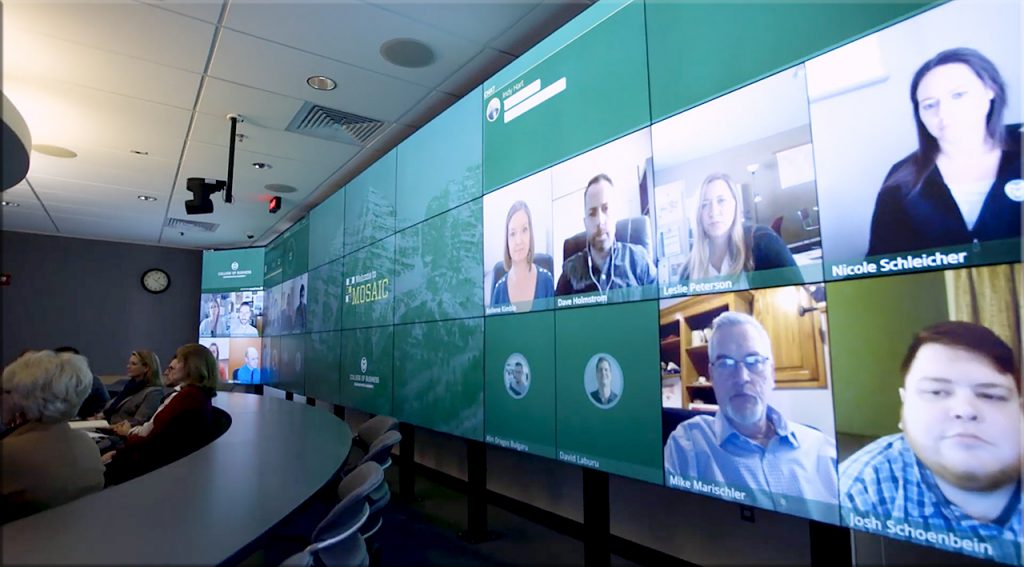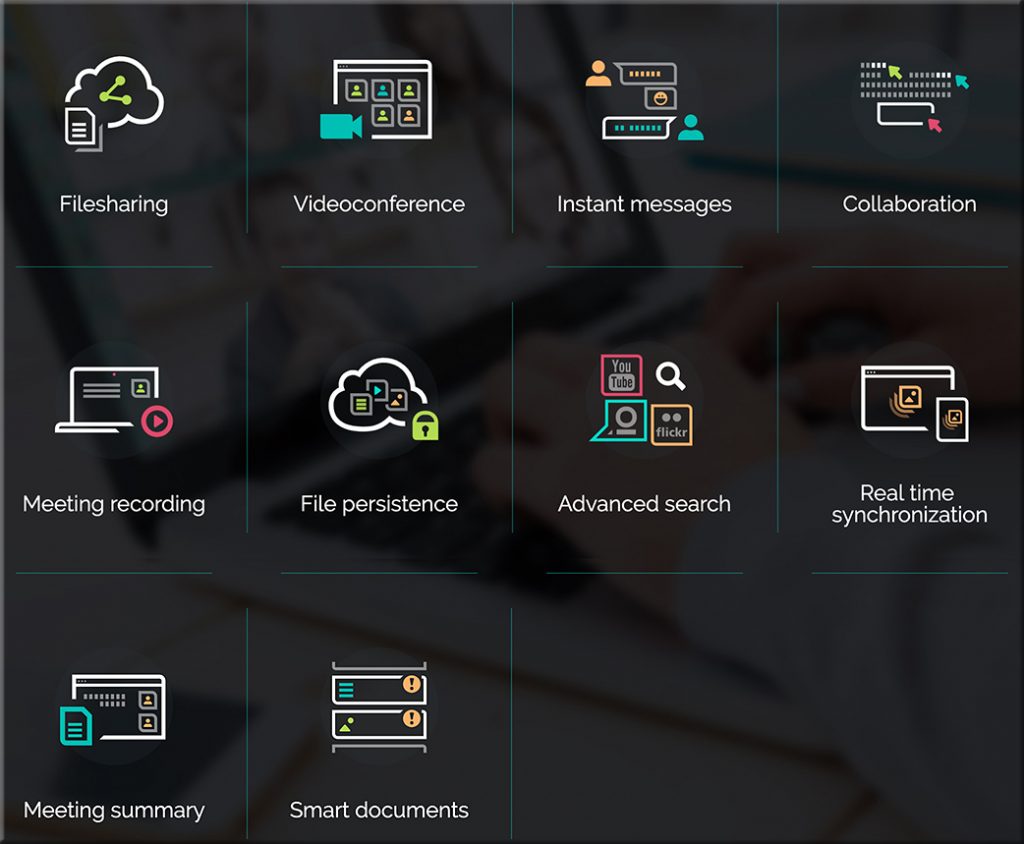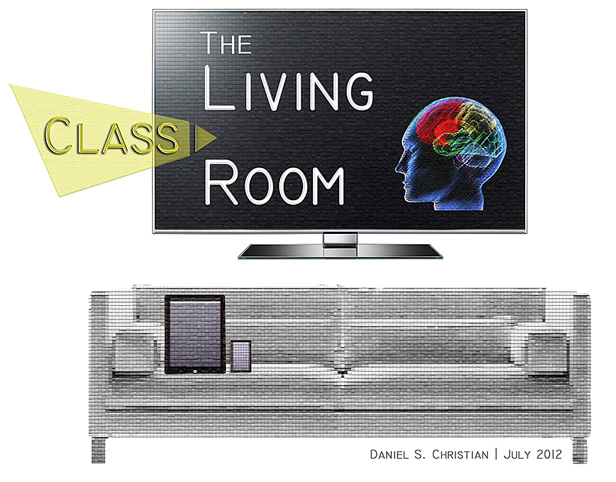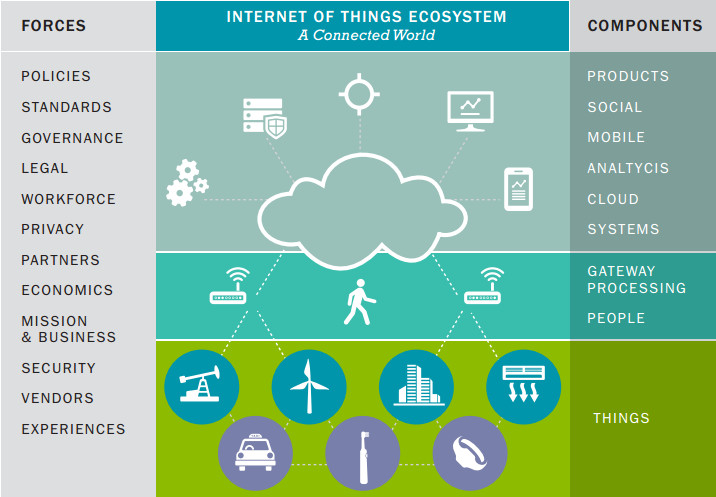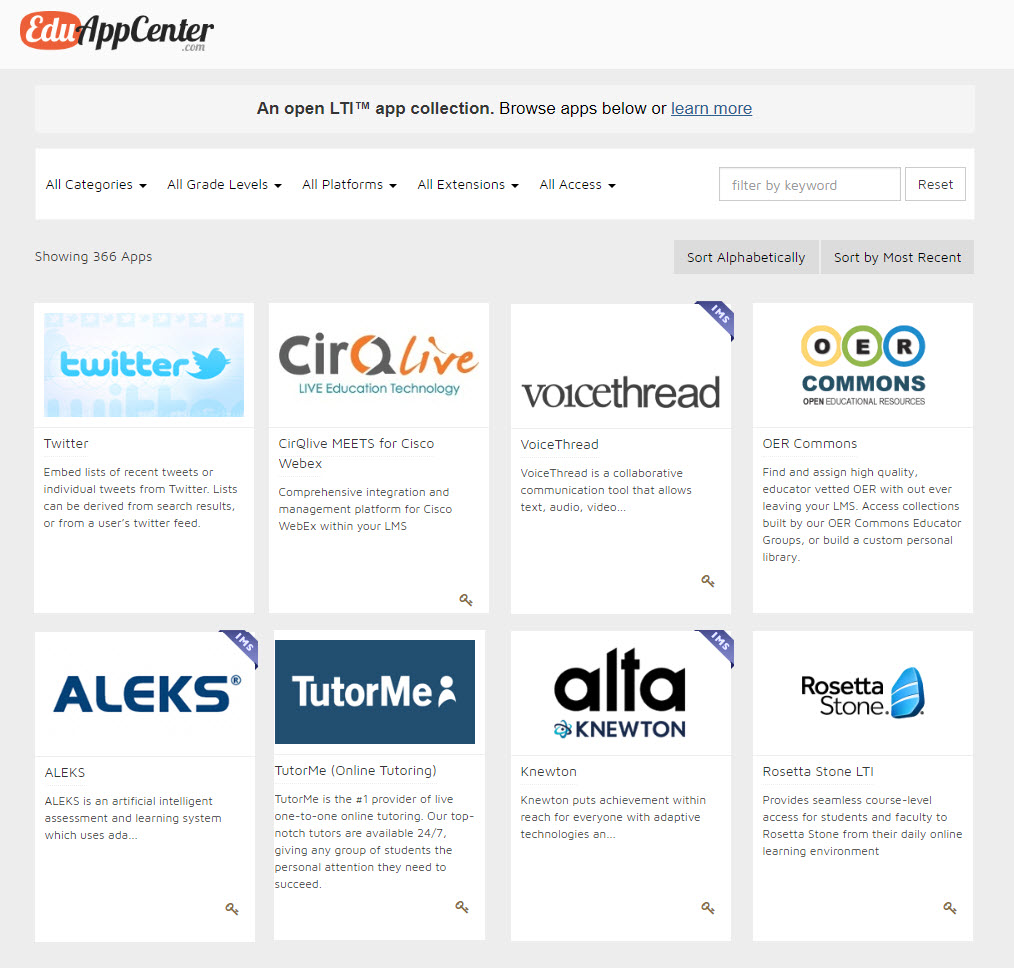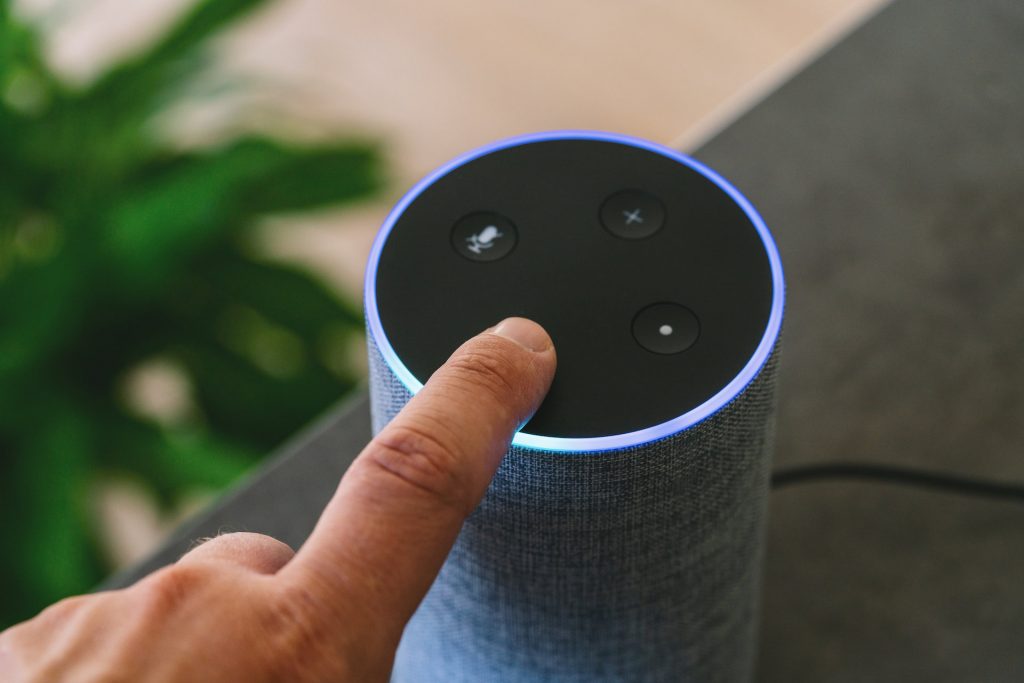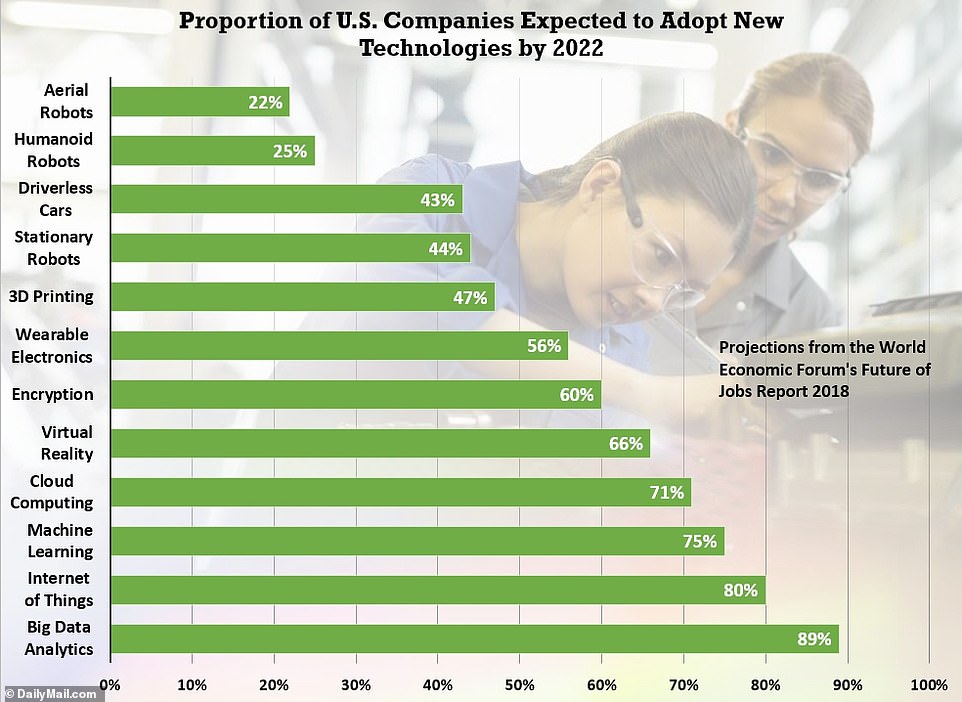How the internet of things will change your life — from uk.rs-online.com
A prediction for blockchain transformation in higher education — from blockchain.capitalmarketsciooutlook.com by Michael Mathews
Excerpt:
Ironically, blockchain entered the scene in a very neutral way, while Bitcoin created all the noise, simply because it used an aspect of blockchain. Bitcoin, cyber coins, and/or token concepts will come and go, just as the various forms of web browsers did. However, just as the Internet lives on, so will blockchain. In fact, blockchain may very well become the best of the Internet and IoT merged with the trust factor of the ISBN/MARC code concept. As history unveils itself blockchain will stand the test of time and become a form of a future generation of the Internet (i.e. Internet 4.0) without the need for cyber security.
With a positive prediction on blockchain for future coupled with lessons learned from the Internet, blockchain will become the single largest influencer on education. I have only gone on record of predicting two shifts in technology over a 5-10 year period of time, and both have come to pass now. This is my third prediction, with the greatest potential for transformation.
What I did not know until last year was a neutral technology called blockchain would show up in the history of the world; and at the same time Amazon would start designing blockchain templates to reduce all the processes to allow educational decisions to become as easy as ordering and receiving Amazon products.
What is 5G? Everything you need to know — from techradar.com by Mike Moore
The latest news, views and developments in the exciting world of 5G networks.
Excerpt:
What is 5G?
5G networks are the next generation of mobile internet connectivity, offering faster speeds and more reliable connections on smartphones and other devices than ever before.
Combining cutting-edge network technology and the very latest research, 5G should offer connections that are multitudes faster than current connections, with average download speeds of around 1GBps expected to soon be the norm.
The networks will help power a huge rise in Internet of Things technology, providing the infrastructure needed to carry huge amounts of data, allowing for a smarter and more connected world.
With development well underway, 5G networks are expected to launch across the world by 2020, working alongside existing 3G and 4G technology to provide speedier connections that stay online no matter where you are.
So with only a matter of months to go until 5G networks are set to go live, here’s our run-down of all the latest news and updates.
From DSC:
I wonder…
- What will Human Computer Interaction (HCI) look like when ~1GBps average download speeds are the norm?
- What will the Internet of Things (IoT) turn into (for better or for worse)?
- How will Machine-to-Machine (M2M) Communications be impacted?
- What will that kind of bandwidth mean for XR-related technologies (AR VR MR)?









